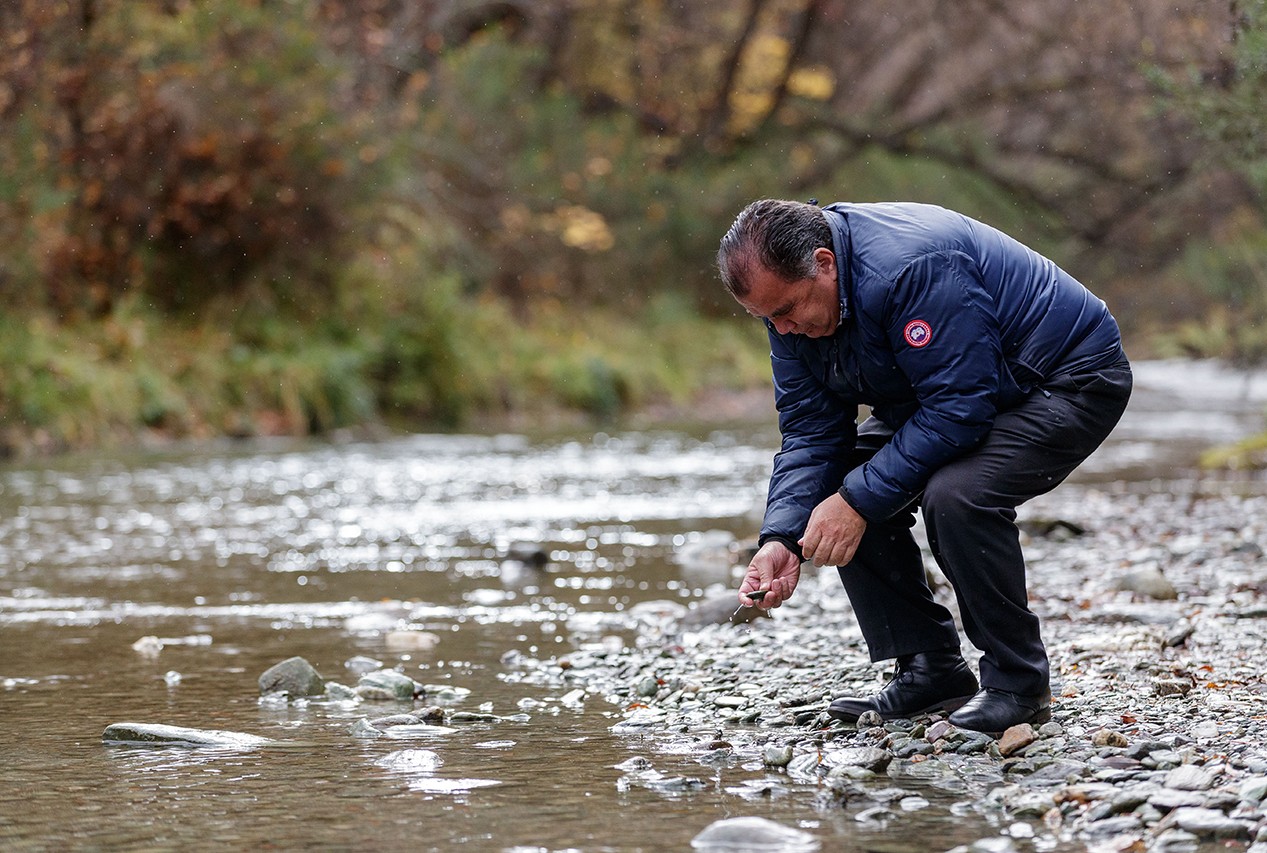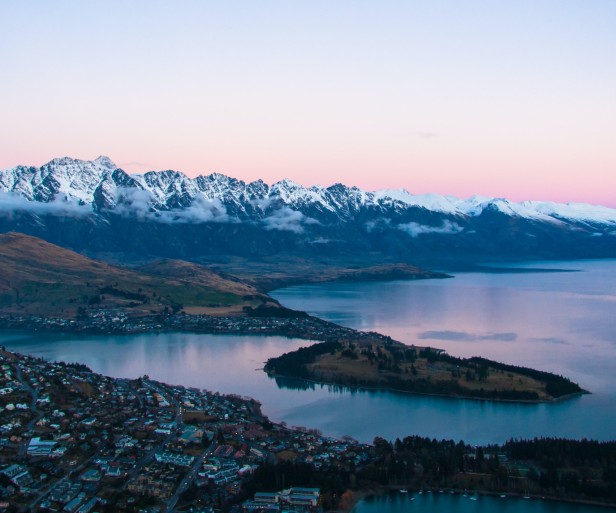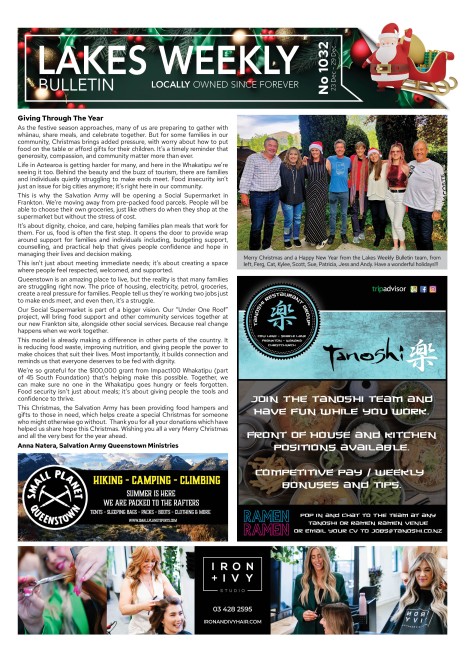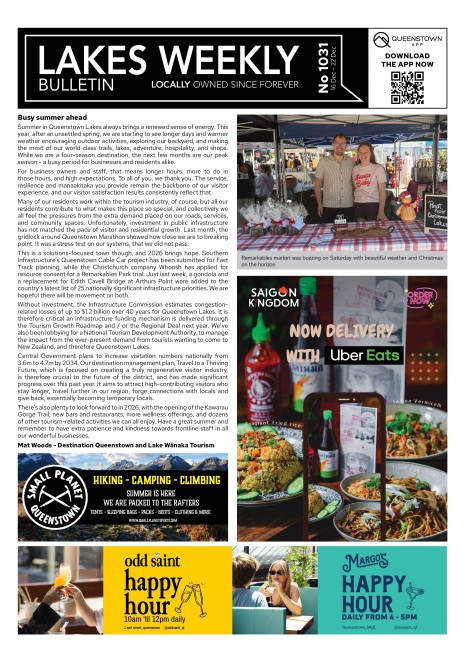Time to clue up on the Treaty

This Waitangi Day high profile, local kaumatua Darren Rewi is calling for all parties to continue to engage in dialogue and work through any differences on Tiriti o Waitangi (the Treaty) peacefully.
“I suppose we’re lucky as one of the very few places in the world that has a founding document like that,” Rewi says.
In December, the Kiingitanga called a nationwide hui at Turangawaewae Marae in Ngāruawāhia, over concerns about the coalition government’s plans for Māori. It was hoped an historic national hui held last weekend (21 Jan) would also give Māori a clear vision of the future amid concerns that the new government was undermining Māori by dampening down the use of Te Reo in signage and minimising some Treaty principles.
Rewi isn’t bothered though. “To be brutally honest, I think the Treaty will long outlast this coalition if people are worried about any of the changes being proposed,” he says. “It’s been attacked over 183 years, and it’s still being attacked. It’s about people working together and recognising everyone’s differences and working towards a common goal,” he says. “That’s enshrined in the Treaty – partnership, protection and participation.”
It is disappointing that the coalition plans to put the emphasis back on English in its department names and signage, reversing the good work that’s been done, he says. “There’s a legislative requirement for government departments to give effect to the Treaty that recognise everyone and that’s the part that’s being lost.”
“Regardless of the different views between Māori and Pakeha, it’s about working together to achieve he best NZ we can,” Rewi says.
“The Treaty is an opportunity to identify everyone’s vision for the future but it’s never going to be the document that means someone can or can’t do something as it’s not recognised in international law.” The only place it’s enforceable is in government legislation, he says. “I suppose that’s a weakness of the Treaty. It’s only legally binding through government legislation.”
He believes Act Leader David Seymour’s suggested referendum on the Treaty would be “divisive”. “Just look at what happened with the ‘yes’ vote in Australia. It was used as an opportunity to attack each other. We need discussion with everyone working together and I think 90% of the population wants to do that,” Rewi says. “I think there are some forces in Act and NZ First that are catering to a certain cohort.”
The coalition government’s been criticised for undermining Māori policies with a Whanganui iwi leader hitting out just days before the historic national hui.
However, Rewi deliberately distances himself from the politics of it all, instead preferring a peaceful approach, and greater understanding and education. “Most Māori are past being upset. They just want a plan of action and for people to understand their rights. If all tribes move together, we can all move ahead.”
He will answer questions on the Treaty at a free community gathering at Te Atamira on 31 January where people can ask about its history here in the south and the part all citizens of Aotearoa play in upholding its principles.
The biggest conversations over the Treaty in the south have related to the way land was taken from Ngāi Tahu by the early Europeans, he says. “Because we were a tribe that moved around based on seasonal harvest it was decided that when we weren’t here that that land had been abandoned. Some refer to it as ‘The Wasteland Act’. There was a perception that no one was here in this region, so it didn’t matter.”
To this day there’s argument about sales negotiations and agreements, especially over the three southern deeds – Kemp’s purchase, Otakou and Murihiku. “When Ngāi Tahu hapu received their copy of the purchase, they realised Fiordland had been added in. Ngāi Tahu never recognised Fiordland as part of any land purchase.” Rewi, as a descendant of Southern Rangatira Te Au who owned land from Milford Sound south, says “our records show that it was never up for sale”.
Many people don’t realise that women signed the Treaty too, something else Rewi will be answering questions on at the Te Atamira event.
His greatest desire is that talking and engaging continues, especially with so much cultural diversity in this area.
‘Welcome to the Treaty’ - An Introduction to Te Tiriti o Waitangi
31 January, 6pm – Te Atamira - Puāwai









